Xiaomi may have made its name in smartphones, but the Chinese tech giant is now making waves in the electric vehicle (EV) industry. After a record-breaking debut with its SU7 sedan, Xiaomi is eyeing global expansion and that could include Australia.
Speaking at the Mobile World Congress in Barcelona, Xiaomi president William Lu confirmed that the company is planning to take its EVs beyond China in the coming years. While he remained tight-lipped on exact markets, the announcement signals a major shift for the brand, which has rapidly emerged as a serious competitor in the electric car space.
XPENG MONA M03 Makes Global Debut In Sydney
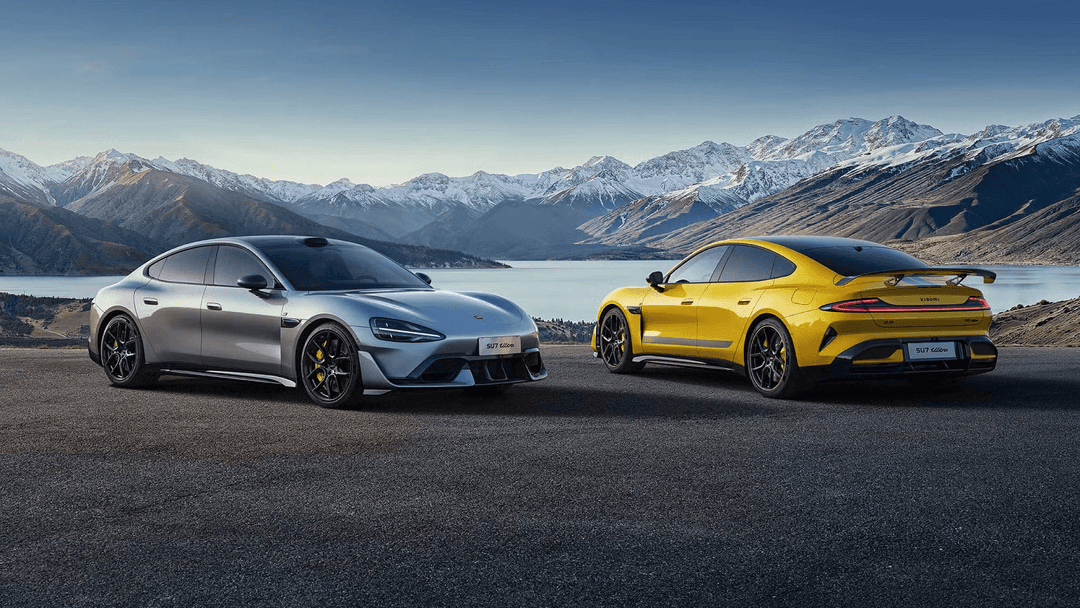
Xiaomi’s Meteoric Rise in the EV Market
Xiaomi launched its first electric car, the SU7, in China in March 2024, and it has since surpassed 100,000 sales in just eight months. That’s no small feat in a market dominated by established automakers like BYD and Tesla. The company quickly followed up with an even more extreme version the SU7 Ultra, boasting hypercar-rivaling performance and cutting-edge battery technology.
➡️GUIDE: How to use a public EV charging station (step-by-step guide)
The SU7 Ultra, Xiaomi’s new high-performance flagship, has already made a splash, racking up 15,000 orders within 24 hours of its release. It’s an engineering marvel: a triple-motor setup producing a staggering 1138kW and 1770Nm of torque enables a 0-100km/h sprint in just 1.98 seconds, with a top speed of 350km/h. These numbers put it in the same league as the fastest EVs on the planet. Xiaomi fine-tuned the Ultra’s chassis at Germany’s legendary Nürburgring, where it set a lap record in concept form.
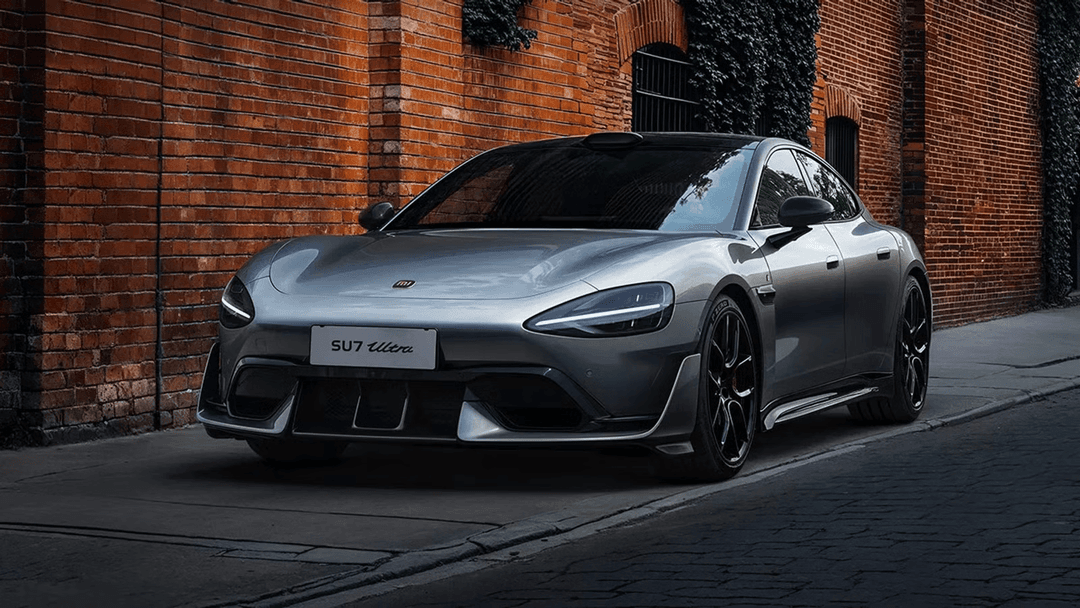
The vehicle features 21-inch wheels wrapped in Pirelli P Zero tyres, Bilstein coilover suspension, Akebono carbon-ceramic brakes, and Endless racing pads. The 800-volt architecture is powered by CATL’s Qilin 2.0 battery, offering an impressive 630km of range under China’s CLTC test cycle and rapid charging from 10 to 80 percent in just 11 minutes. With a 3000mm wheelbase and an overall length of 5115mm, the SU7 Ultra is similar in size to a Porsche Taycan, but at AU$117,000, it’s half the price of its German counterpart.
▶️MORE: 5 Best EV Charging Networks in Australia
A Global Expansion Strategy—But Where First?
While Xiaomi’s electric cars have taken China by storm, global expansion remains a more delicate process. Lu acknowledged that establishing a strong domestic foothold is the company’s priority, but the long-term goal is clear: international growth. By 2029, Xiaomi aims to have 10,000 stores outside China, using its broader ‘human-car-home’ ecosystem, including smartphones and smart devices, to strengthen its EV business.
🔤 Charging basics - key jargon explained
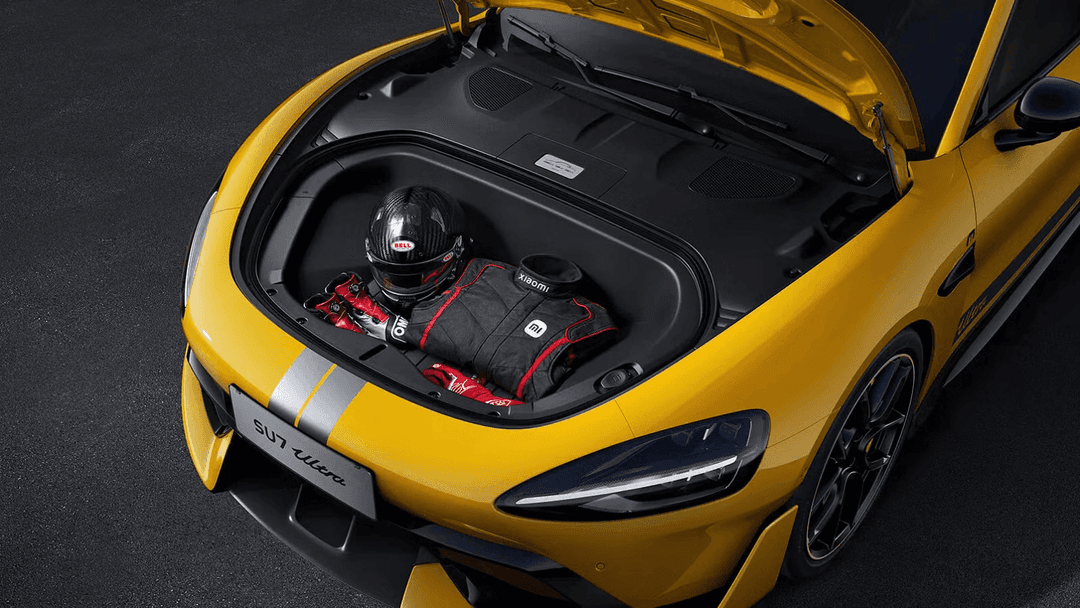
But which market will Xiaomi target first? The United States, typically a prime location for new automakers, presents challenges due to political tensions and potential import tariffs. Europe is a strong possibility, with Lu confirming Xiaomi will begin ‘exploring’ the region’s car market as early as March 2025.
Australia, however, could be a logical next step. With a rapidly growing interest in EVs and an increasing appetite for high-performance electric sedans, the local market presents an opportunity for Xiaomi to gain a foothold outside China. That said, no official plans have been announced for an Australian launch yet.
▶️MORE: Which Electric Cars Have Bidirectional Charging (V2L, V2G, V2H)?
Turning Skepticism Into Success
Xiaomi’s venture into EVs wasn’t always met with enthusiasm. When the company first announced its automotive ambitions in 2021, investors were skeptical, fearing it was too late to enter the market. Some even worried that the EV business could weigh down its highly profitable smartphone division.
But after the SU7’s explosive debut, those doubts have been put to rest. Not only has Xiaomi proven its ability to build competitive EVs, but it has also reported a gross profit margin of 17.1% in its car division as of Q3 2024. The brand is now targeting 300,000 EV sales in China in 2025, a tripling of its current numbers.
▶️MORE: Which Electric Cars Have Bidirectional Charging
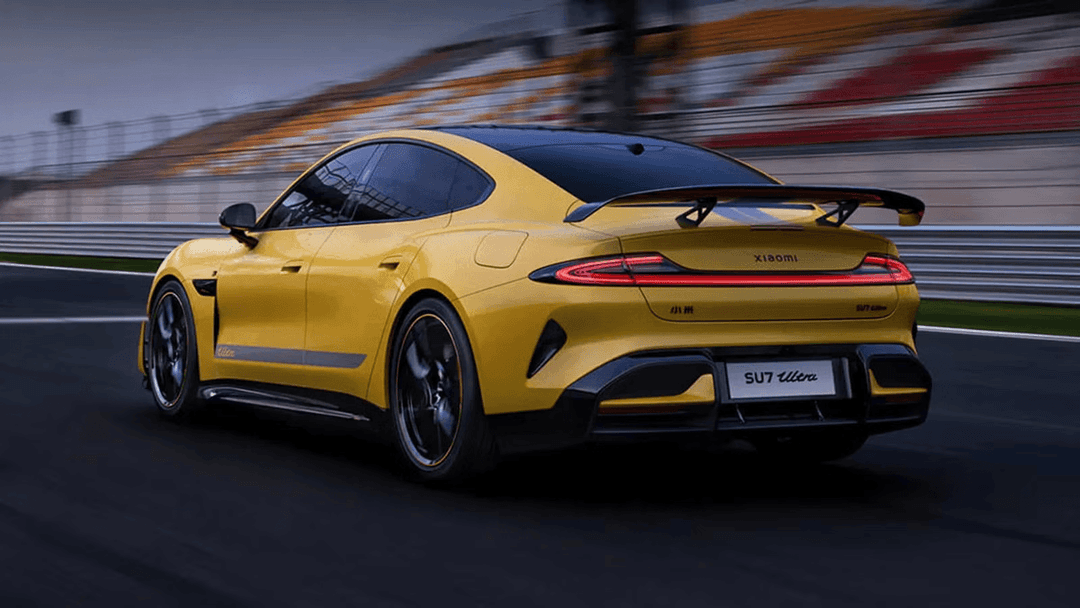
Even Xiaomi’s competitors are taking notice. In a surprising twist, Ford CEO Jim Farley revealed he spent six months driving a Xiaomi SU7, saying he was reluctant to give it up. When the head of a legacy automaker praises a rival’s product, it’s a clear sign that Xiaomi is doing something right.
What’s Next for Xiaomi’s EVs?
The SU7 Ultra isn’t Xiaomi’s only weapon. The company is preparing to launch its first SUV, the YU7, in late 2025. With styling reminiscent of Ferrari’s Purosangue, the YU7 could offer a mix of performance and practicality that appeals to a wider audience.
▶️MORE: What is Bidirectional Charging, V2G, V2H, V2L?
Xiaomi’s aggressive pricing strategy is another major advantage. Despite selling the SU7 at an estimated $14,000 loss per unit, the company remains committed to long-term profitability, leveraging its strong position in consumer tech to support its EV ambitions. Analysts predict that the introduction of a second model will push Xiaomi’s EV division into profitability sooner than expected.
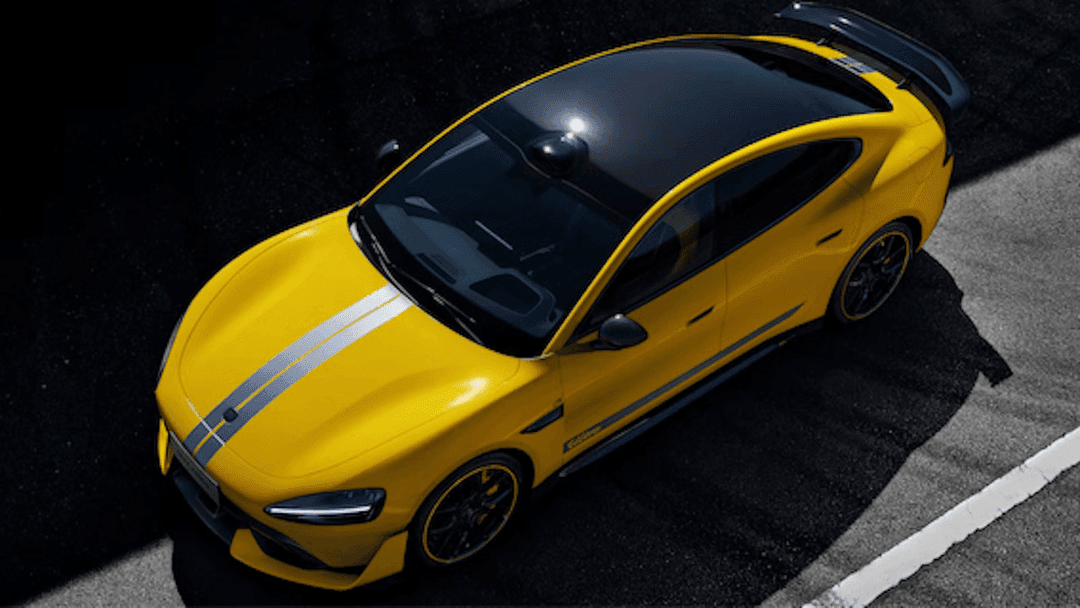
Will Xiaomi’s EVs Come to Australia?
While no official announcement has been made, Australia’s growing EV adoption makes it a prime candidate for Xiaomi’s international rollout. The brand has already seen massive success with its smartphones and smart devices locally, and its affordable yet high-performance EVs could attract Australian buyers looking for alternatives to Tesla and BYD.
If Xiaomi does bring its electric cars Down Under, the SU7 and SU7 Ultra would likely challenge models like the Tesla Model S and Porsche Taycan—not just on performance, but on price. The question remains: Will Xiaomi make the leap into Australia’s EV market, or will we have to watch from the sidelines as the brand takes on the world?
One thing is clear: Xiaomi’s EV ambitions are no longer just an experiment. They’re a serious challenge to the industry’s biggest names, and the world (including Australia) is watching closely.
Stay up to date with the latest EV news
- Get the latest news and update
- New EV model releases
- Get money savings-deal
